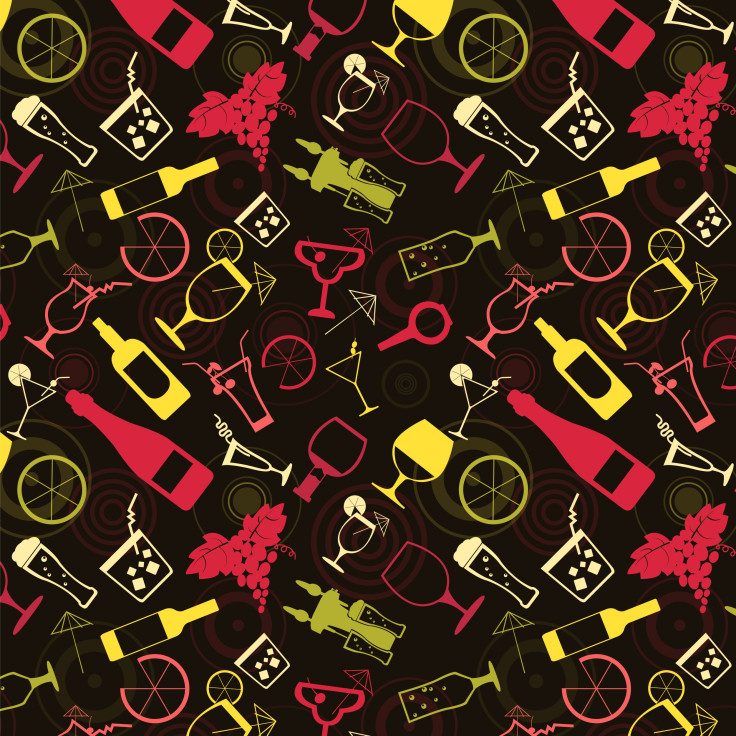Underage Drinking, Including Binge Drinking, Has Slowly But Surely Been Declining Over The Past Decade: Report

In what’s sure to be gratifying news for anxious parents everywhere, it appears that the kids are alright with less alcohol in their lives.
In a report by the Substance Abuse and Mental Health Services Adminstration (SAMHA) released today, they found that the rate of underage drinking, including binge drinking, among those aged 12 to 20, has actually gone down in the past ten years. As concluded by the annual National Survey on Drug Use and Health (NSDUH), the rate of teens who reported drinking during the past month in 2002 was 28.8 percent, whereas of 2013, it stands at 22.7 percent — a 6.1 percent difference. Similarly, the binge drinking rate, defined as five or more drinks imbibed on the same occasion, has declined from 19.3 percent to 14.2 percent in that same time period.
"When parents communicate clear expectations and they are supported by community efforts to prevent underage drinking, we can make a difference," said Frances M. Harding, director of SAMHSA’s Center for Substance Abuse Prevention, in a statement released by SAMHSA. Positive though their findings are, Harding notes there is still much to do. "However, there are still 8.7 million current underage drinkers and 5.4 million current underage binge drinkers. This poses a serious risk not only to their health and to their future, but to the safety and well-being of others. We must do everything we can to prevent underage drinking and get treatment for young people who need it." Those numbers amount to about 1 out of every 5 and 1 out of every 7 teenagers respectively.
Getting these rates even further down is crucial, public health experts say. As reported by Medical Daily this April, a study by Duke Medicine researchers concluded that teenage binge drinking might possibly have lasting effects on the brain. Using rats as a surrogate for teenage brains, they found that early alcohol use appeared to dull the animals’ memory capacity as they reached adulthood. "It's quite possible that alcohol disrupts the maturation process, which can affect these cognitive functions later on. That's something we are eager to explore in ongoing studies," said study senior author Dr.Scott Swartzwelder in a press statement at the time.
And while alcohol use has lessened, the SAMHSA report notes that alcohol is still the drug of choice for teenagers. Only 16.9 percent of teens reported using tobacco and 13.6 reported illicit drug use.
SAMSHA is currently in the middle of a national media campaign to promote honest and comfortable conversations about alcohol between parents and teenagers, "Talk. They Hear You." Appealing to the millennial inside us all, they’ve even released a mobile app to guide parents through the process. More information about the campaign and additional resources can be found at their site.
Source: Underage Drinking Declined From 2002 to 2013. SAMHSA. 2015



























